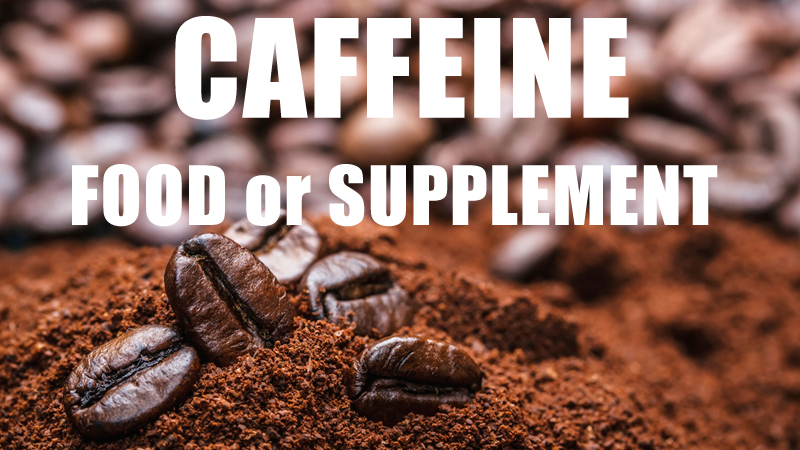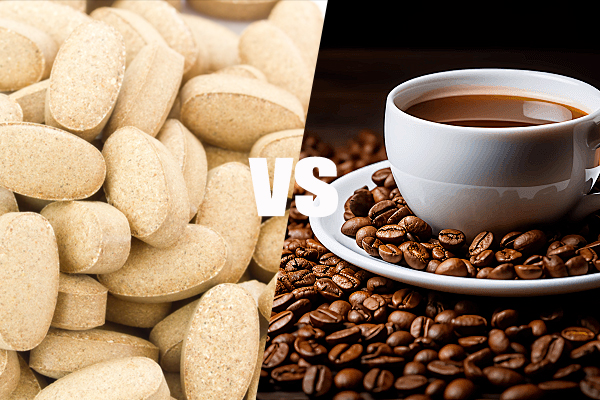
Caffeine is one of the most widely consumed psychoactive substances in the world, found naturally in coffee, tea, and cocoa, as well as added to energy drinks, sodas, and even medications. But does it qualify as a dietary supplement? To answer this, we need to examine its properties, effects, uses, and safety standards.
Caffeine is a natural stimulant belonging to the methylxanthine class. It works by blocking adenosine receptors in the brain, which reduces fatigue and increases alertness. Unlike many synthetic drugs, caffeine occurs naturally in plants with naturally occurring alkaloid has been consumed for centuries.
2. Key Characteristics
Stimulant Effects: Enhances focus, energy, and cognitive performance.
Metabolic Impact: May boost metabolism and fat oxidation.
Dependency Risk: Regular use can lead to tolerance and mild withdrawal symptoms (e.g., headaches, fatigue).
Short Half-Life: Effects last 4–6 hours, depending on individual metabolism.
Caffeine is consumed for various reasons:
Mental Alertness: Students, professionals, and drivers use it to stay focused.
Athletic Performance: Many pre-workout supplements contain caffeine to improve endurance.
Weight Management: Some diet pills include caffeine for its thermogenic effects.
Medicinal Use: Found in pain relievers (e.g., migraine medications) to enhance absorption.
Whether caffeine is classified as a dietary supplement depends on the context:
As a Natural Compound: When derived from coffee or tea, it’s considered a food ingredient.
As an Additive: In energy drinks or pills, it may be regulated as a supplement (e.g., in the U.S., under the FDA’s DSHEA guidelines).
Safe Dosage: Up to 400 mg/day (about 4 cups of coffee) is generally safe for healthy adults. Excessive intake (>600 mg/day) may cause anxiety, insomnia, or heart issues.
Yes, caffeine can be considered a dietary supplement when used in concentrated forms (e.g., pills, powders) for its stimulant and performance-enhancing effects. However, in its natural form (e.g., coffee), it’s more commonly viewed as a food component. Regardless of classification, moderation is key to maximizing benefits while minimizing risks.
Would you use caffeine as a supplement, or do you prefer getting it from beverages or supplements? Let’s discuss!
